
A History of Western Philosophy
¥ 16.8 八五品
仅1件
江苏南通
认证卖家担保交易快速发货售后保障
作者Bertrand Russell 著
出版社Simon & Schuster US
出版时间1967-10
版次1
装帧平装
货号B22
上书时间2024-09-26
- 店主推荐
- 最新上架
商品详情
- 品相描述:八五品
- 品相如图实拍,内页干净完整
图书标准信息
- 作者 Bertrand Russell 著
- 出版社 Simon & Schuster US
- 出版时间 1967-10
- 版次 1
- ISBN 9780671201586
- 定价 213.50元
- 装帧 平装
- 开本 大32开
- 纸张 胶版纸
- 页数 895页
- 正文语种 英语
- 【内容简介】
- Since its first publication in 1945? Lord Russell's A History of Western Philosophy has been universally acclaimed as the outstanding one-volume work on the subject -- unparalleled in its comprehensiveness, its clarity, its erudition, its grace and wit. In seventy-six chapters he traces philosophy from the rise of Greek civilization to the emergence of logical analysis in the twentieth century. Among the philosophers considered are: Pythagoras, Heraclitus, Parmenides, Empedocles, Anaxagoras, the Atomists, Protagoras, Socrates, Plato, Aristotle, the Cynics, the Sceptics, the Epicureans, the Stoics, Plotinus, Ambrose, Jerome, Augustine, Benedict, Gregory the Great, John the Scot, Aquinas, Duns Scotus, William of Occam, Machiavelli, Erasmus, More, Bacon, Hobbes, Descartes, Spinoza, Leibniz, Locke, Berkeley, Hume, Rousseau, Kant, Hegel, Schopenhauer, Nietzsche, the Utilitarians, Marx, Bergson, James, Dewey, and lastly the philosophers with whom Lord Russell himself is most closely associated -- Cantor, Frege, and Whitehead, co-author with Russell of the monumental Principia Mathematica.
- 【作者简介】
- Bertrand Arthur William Russell, 3rd Earl Russell, Viscount Amberley, born in Wales, May 18, 1872. Educated at home and at Trinity College, Cambridge. During World War I, served four months in prison as a pacifist, where he wrote Introduction to Mathematical Philosophy. In 1910, published first volume of Principia Mathematica with Alfred Whitehead. Visited Russia and lectured on philosophy at the University of Peking in 1920. Returned to England and, with his wife, ran a progressive school for young children in Sussex from 1927-1932. Came to the United States, where he taught philosophy successively at the University of Chicago, University of California at Los Angeles, Harvard, and City College of New York. Awarded the Nobel Prize for Literature in 1950. Has been active in disarmament and anti-nuclear-testing movements while continuing to add to his large number of published books which include Philosophical Essays (1910); The ABC of Relativity (1925) Human Knowledge: Its Scope and Limits (1948); Why I Am Not a Christian (1957); and The Autobiography of Bertrand Russell (1967). For a chronological list of Russell's principal works see The Basic Writings of Bertrand Russell (Simon and Schuster).
- 【目录】
-
Preface by Author
Introduction
BOOK ONE. ANCIENT PHILOSOPHY
Part I. The Pre-Socratics
Chapter I. The Rise of Greek Civilization
Chapter u. The Milesian School
Chapter lU. Pythagoras
Chapter IV. Heraclitus
Chapter v. Parmenides
Chapter w. Empedocles
Chapter vii. Athens in Relation to Culture
Chapter viii. Anaxagoras
Chapter ix. The Atomists
Chapter x. Protagoras
Part II. Socrates, Plato, and Aristotle
Chapter xi. Socrates
Chapter xii. The Influence of Sparta
Chapter xiii. The Sources of Plato's Opinions
Chapter xiv. Plato's Utopia
Chapter xv. The Theory of Ideas
Chapter xvi. Plato's Theory of Immortality
Chapter xvu. Plato's Cosmogony
Chapter xvuI. Knowledge and Perception in Plato
Chapter xix. Aristotle's Metaphysics
Chapter xx. Aristotle's Ethics
Chapter xxi. Aristotle's Politics
Chapter xxu. Aristotle's Logic
Chapter xxiii Aristotle's Physics
Chapter xxiv. Early Greek Mathematics and Astronomy
Part Ill. Ancient Philosophy after Aristotle
Chapter xxv. The Hellenistic World
Chapter xxvi. Cynics and Sceptics
Chapter xxvn. The Epicureans
Chapter xxwii Stoicism
Chapter xxix. The Roman Empire in Relation to Culture
Chapter xxx. Plotinus
BOOK TWO. CATHOLIC PHILOSOPHY Introduction
Part I. The Fathers
Chapter i. The Religious Development of the Jews
Chanter Christianity DurinG the First Four Centuries
Chapter in. Three Doctors of the Church
Chapter IV. Saint Augustine's: Philosophy and Theology
Chapter v. The Fifth and Sixth Centuries
Chapter VI. Saint Benedict and Gregory the Great
Part II. The Schoolmen
Chapter VII. The Papacy in the Dark Ages
Chapter VIII John the Scot
Chapter IX. Ecclesiastical Reform in the Eleventh Century
Chapter X. Mohammedan Culture and Philosophy
……
BOOK ONE. ANCIENT PHILOSOPHY
点击展开
点击收起
— 没有更多了 —









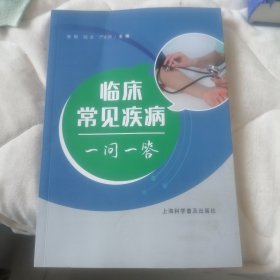
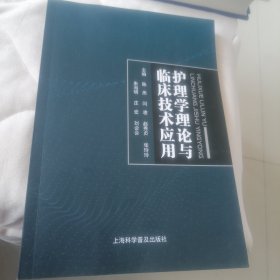
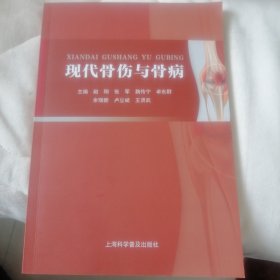
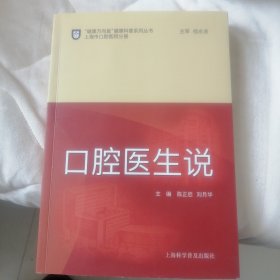

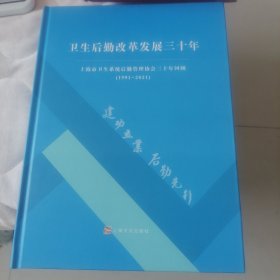










以下为对购买帮助不大的评价